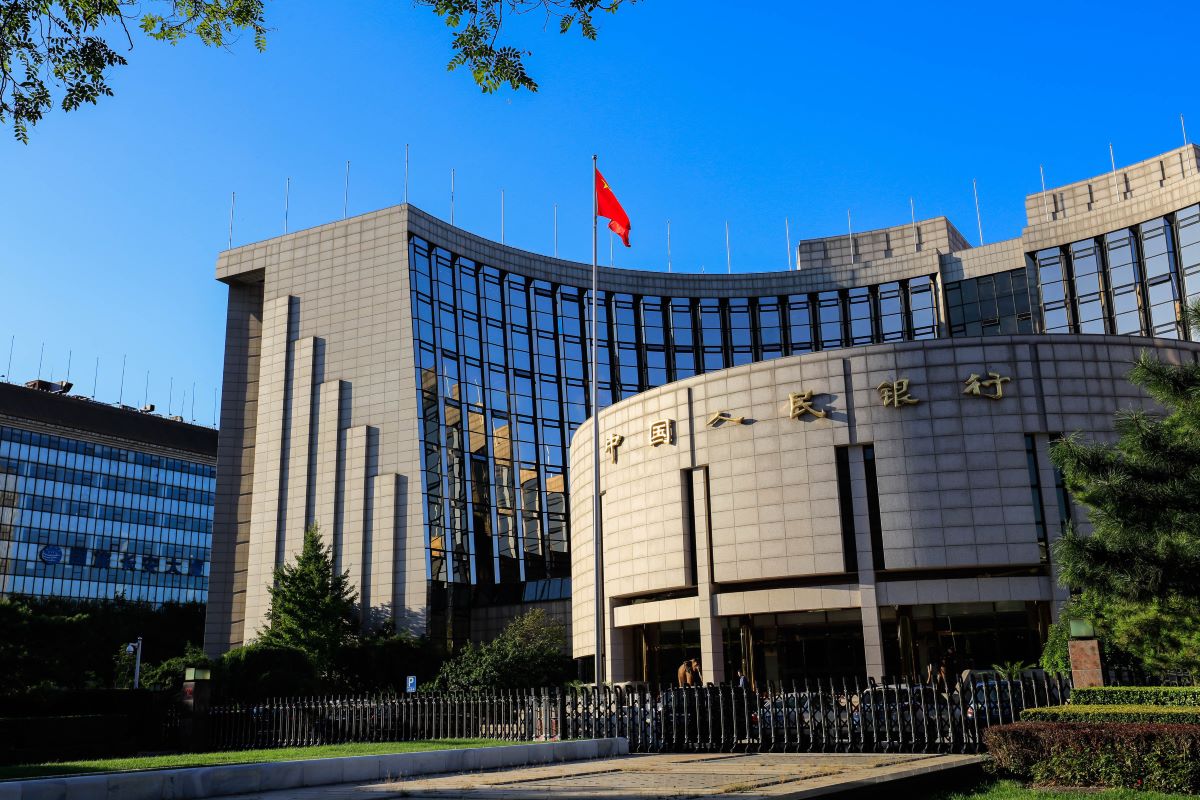After a year of monetary policy tightening in 2022, market participants were expecting the new year to bring some easing. While that has not panned out for most major economies around the world, Asian central banks may be closer to ending the interest rate hike cycle as inflation seems to have peaked in the region.
Earlier this year, Morgan Stanley in a report said that data showed that inflation had peaked in Asia in late 2022 and that downside surprises have been seen in the months after.
“This is informed by our perspective that Asia’s inflation is most cost-push in nature and so central banks do not have to take rates deeply into restrictive territory,” as per Morgan Stanley, cautioning the market that the US Federal Reserve’s policy path may push Asian central banks to rethink their rate hike plans.
However, the recent turmoil in the financial sector of the US with the Silicon Valley Bank crisis has left market experts speculating that the Fed may need to scale down any future rate hikes to avoid further distress to banks. Analysts now expect the US Fed to raise key interest rates by 0.25 bps, down from the previously expected 0.5 bps.
What are Asian central banks doing?
South Korea’s central bank shed its hawkish monetary policy in late February and decided to hold interest rates steady at 3.50% for the first time in 18 months. The Bank of Korea governor told journalists that further increases would not be considered if the annual inflation rate eased to the forecast 3% by the end of 2023.
Inflation, measured by the consumer price index, in South Korea, rose 4.8% in February year-on-year, down from the January inflation rate of 5.2%. The February numbers were the lowest in 10 months and were lower than the inflation rate of 5.05% expected by market participants. On the other hand, South Korea’s producer price inflation eased to 4.8% in February, down from 5.1% in January, the slowest annual rise since March 2021.
Last week, Indonesia left its benchmark interest rate unchanged for the second straight month, as expected by economists surveyed by Bloomberg. Bank Indonesia said it was observing the impact of the three US banks and problems at Credit Suisse but saw no direct impact on local banks. “Our stress test assessment concluded that Indonesia’s banking conditions are resilient to this impact and frankly we are continuing to monitor it,” said Bank Indonesia Governor Perry Warjiyo.
The biggest economy in Southeast Asia, Indonesia saw its consumer price index rise in February by 5.47% year-on-year, faster than 5.28% in January. However, the monthly inflation rate eased to 0.16% during February compared to a 0.34% rise in January, as easing pressure on food prices helped. The annual inflation rate remains within the range of Bank Indonesia’s projection.
Earlier in March, Bank Negara Malaysia had held its overnight policy rate at 2.75%, adding that it will continue to balance domestic inflation and sustainable growth. Malaysia was the first economy in the region to pause its rate hikes cycle as it expects headline and core inflation to moderate over the course of 2023.
The country’s inflation eased to 3.7% in January 2023, compared to 3.8% in December 2022. The government is expecting inflation to average between 2.8%-3.8% for the year.
All Asian central banks in the same boat?
Elsewhere in Asia, Taiwan’s central bank is expected to keep its policy rate unchanged later this week, after signalling an end in December 2022. The country’s exports have declined due to the global economic slowdown, and the deputy central bank governor Yen Tzung-ta said the bank had rarely raised interest rates when exports were down.
China, which has been relatively shielded by inflation in the West, cut its reserve requirement ratio by 25 bps to spur growth in the economy. Despite this cut, banks in the country kept their benchmark lending rates unchanged on Monday. China’s inflation rate softened in February, growing by 1% compared to last year, the slowest pace since February 2022.
“The soft CPI print could be a compounded result of the (post-Chinese New Year) seasonality, deep pork downcycle and fading of the initial reopening impulses,” Citi’s Chief China economist Xiangrong Yu wrote in a note.
Among other major Asian central banks, the Reserve Bank of India is likely to hike its repo rate by 25 bps in April, but several experts and economists in the country have said that further rate hikes were not required. India’s retail inflation slipped to 6.44% in January 2023, down from 6.52% in December 2022. This is still higher than the central bank’s upper limit of 6% inflation.
A surprise in the region was Vietnam, which after raising key rates last year cuts its discount rate to 3.5% from 4.5%, and also reduced the overnight lending rate in the inter-bank market by 100 bps to 6%. However, the State Bank of Vietnam kept the benchmark refinancing rate unchanged at 6%.
“Asia should benefit from China’s recovery. With inflation much less of a problem in the East than in the West, the stance of the region’s monetary policy is more about normalisation than tightening,” writes Chi Lo, Senior Market Strategist, Asia Pacific, at BNP Paribas Asset Management.


 Australia
Australia China
China India
India Indonesia
Indonesia Japan
Japan Malaysia
Malaysia Philippines
Philippines Singapore
Singapore South Korea
South Korea Taiwan
Taiwan Thailand
Thailand Vietnam
Vietnam







